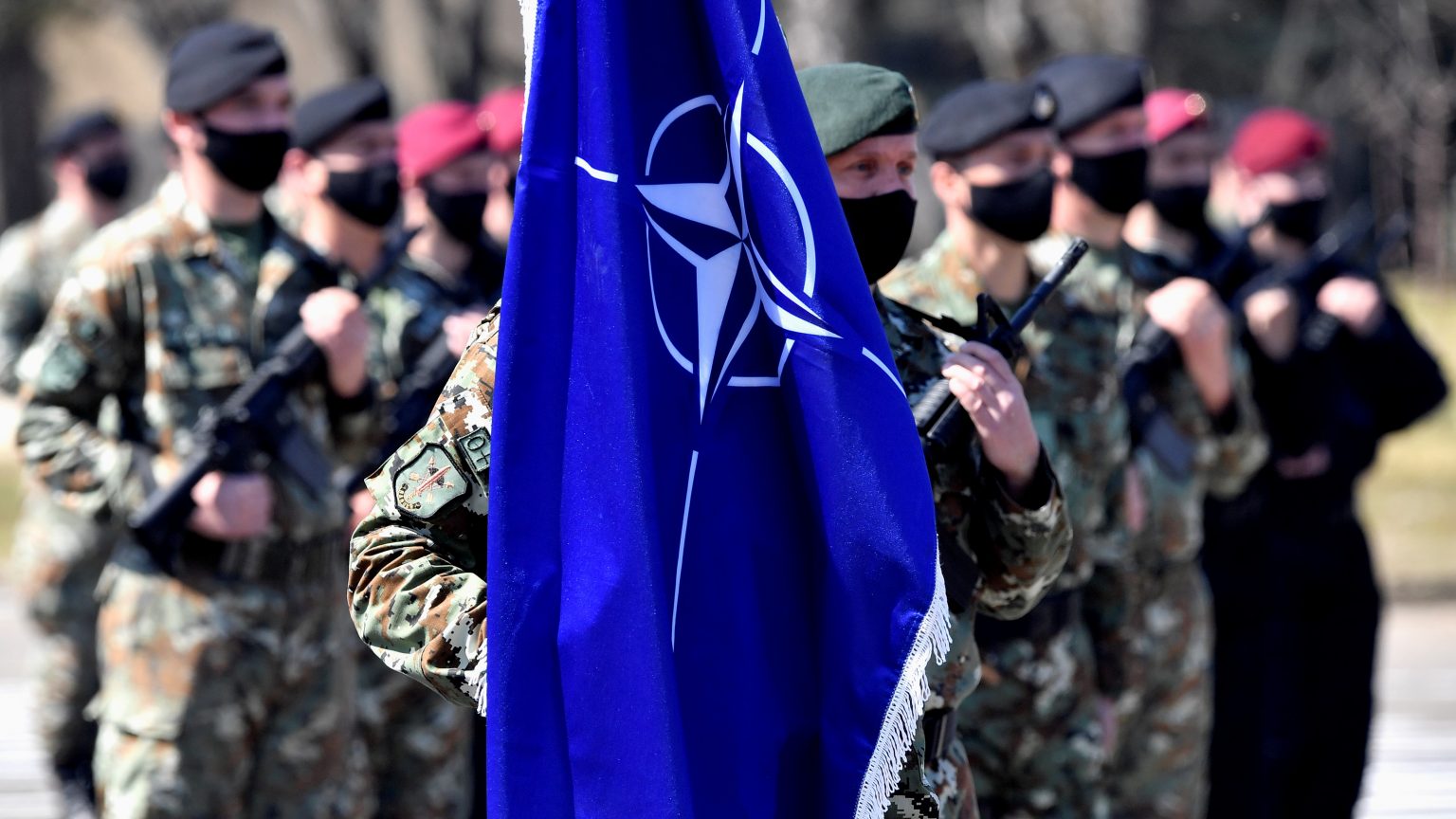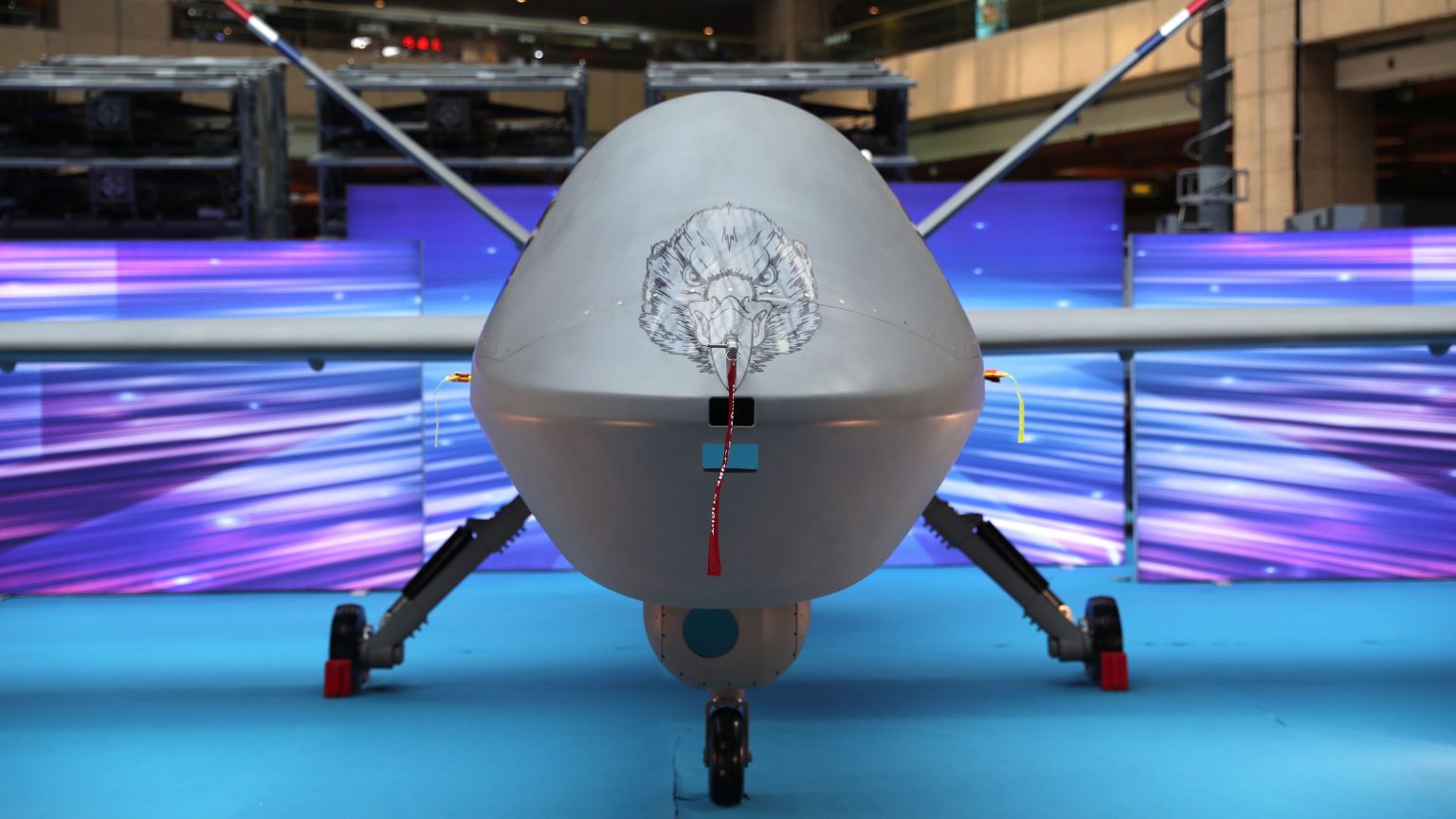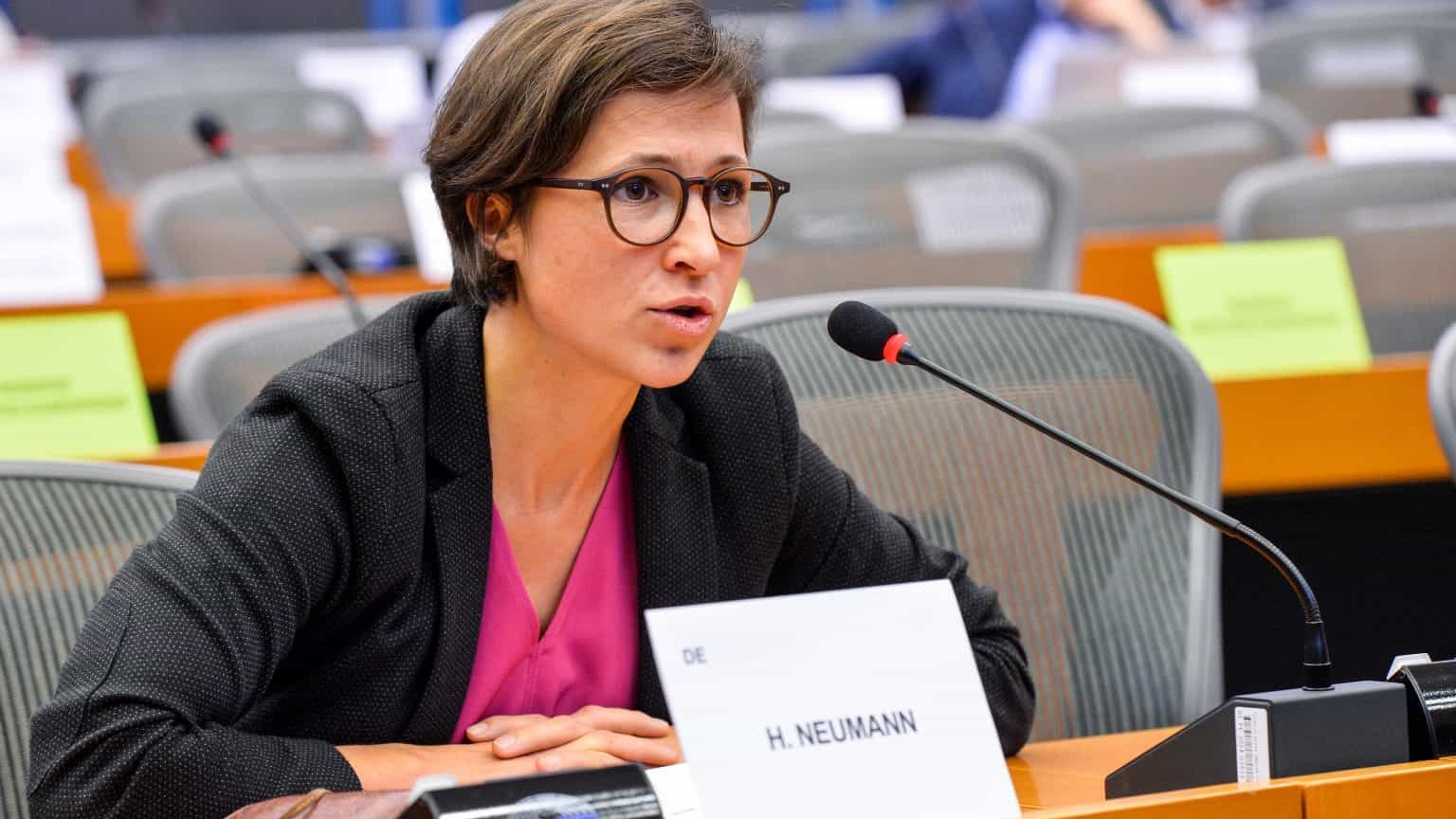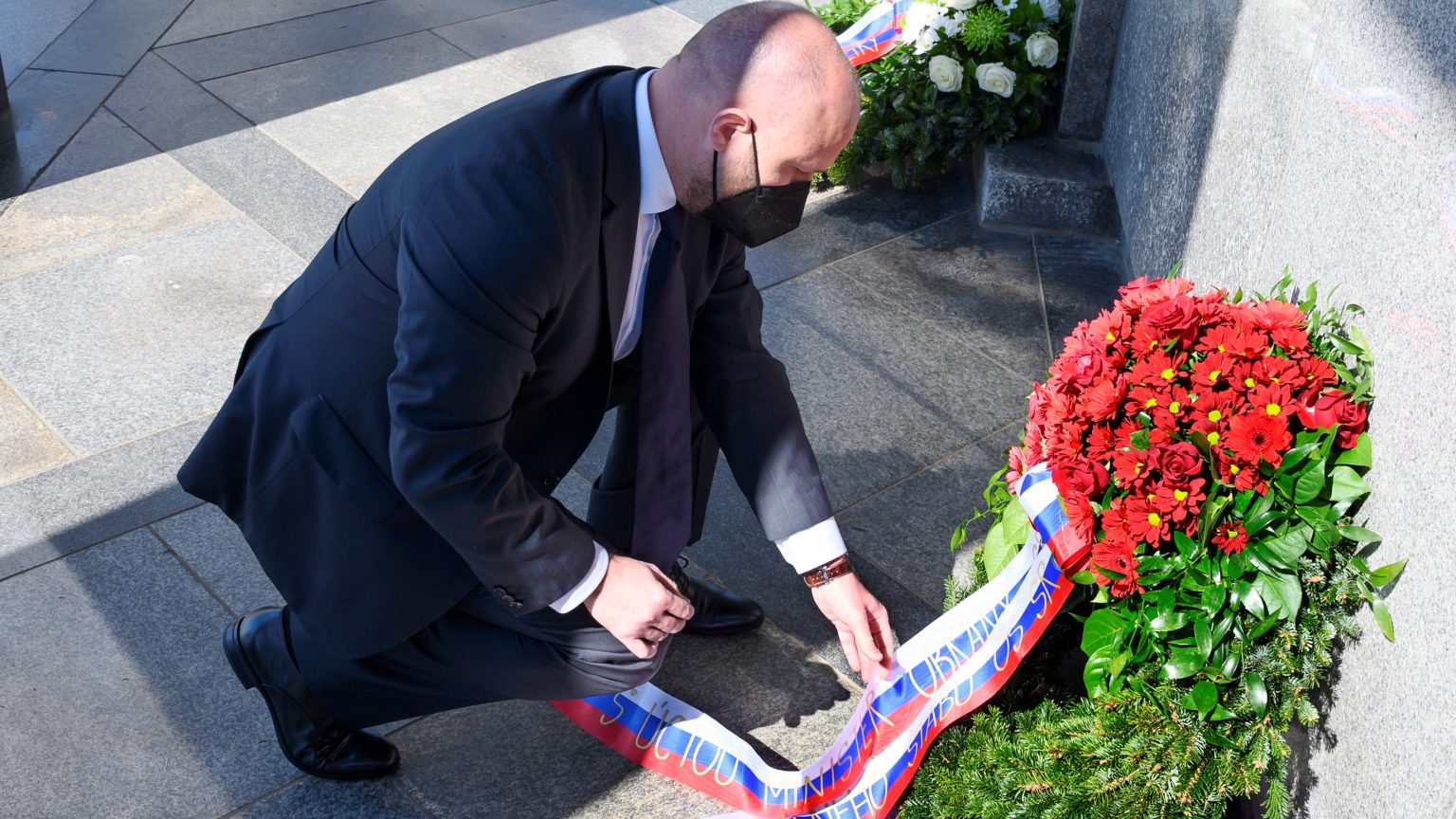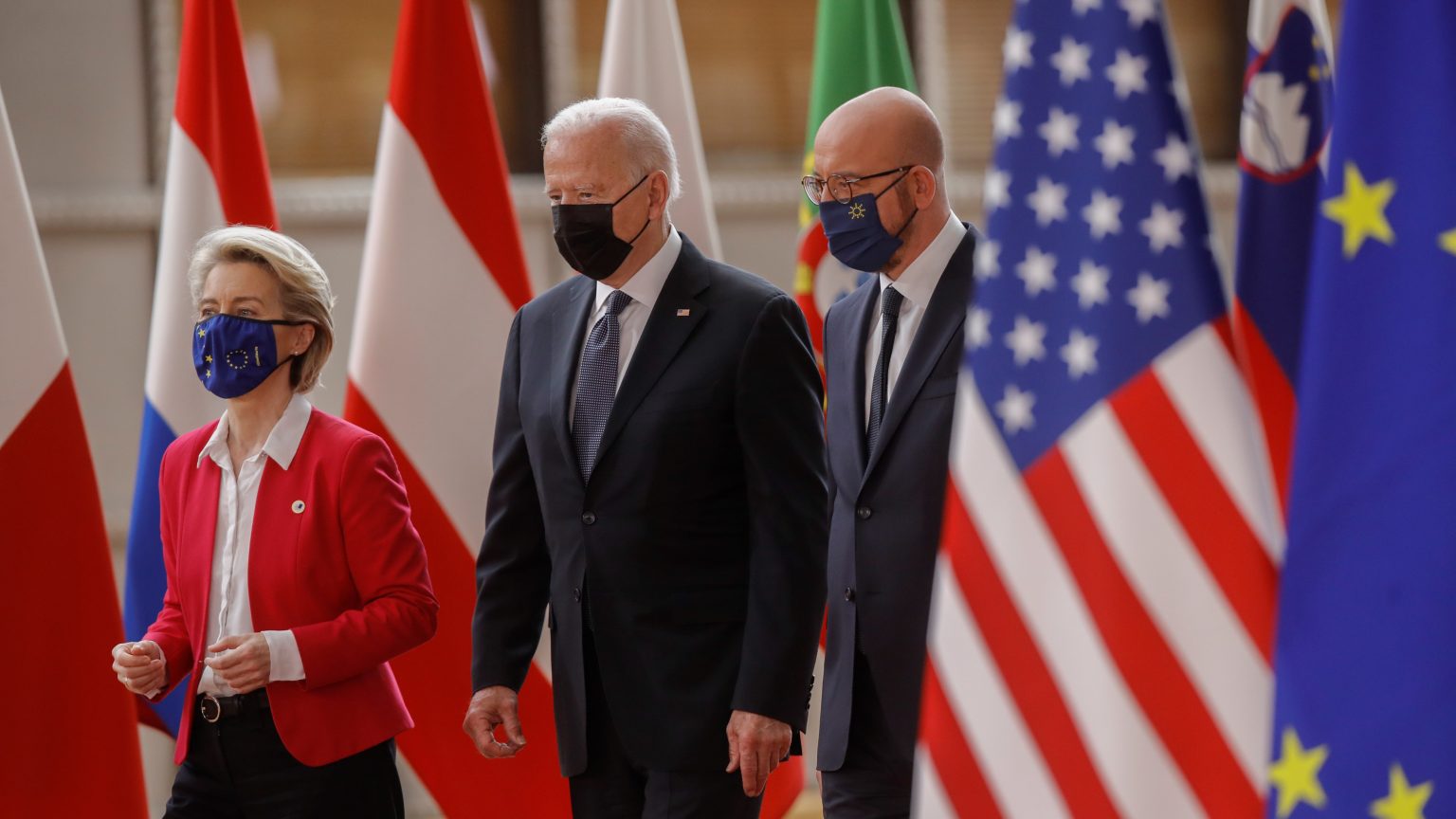- Category: Article
A recent NATO poll asked how people perceive the principles of collective defence, increasing funding, or cooperation with the EU, Russia or China. According to the survey, Slovakia is still one of the countries whose population is least favourable to transatlantic cooperation. Therefore, according to the expert, the competent should focus more attention on young people.
- Category: Article
The EU continues to ensure its defence self-sufficiency. But while the Americans spend an average of 75 billion a year on research and development in the sector, the EU has set aside just eight billion over seven years in a new fund. In addition, the left-wing faction in the European Parliament is taking the matter to the German Constitutional Court, as it believes that the fund violates the European Treaties.
- Category: Article
"Complaints about gender quotas are the best proof that we need them. If there was a balance, nobody would complain," says German MEP Hannah Neumann. She says it is a success that the European Parliament's report on gender equality in EU foreign policy has succeeded in getting a call for member states to adopt a "feminist policy".
- Category: Article
The West is resetting its policy towards Russia, but the Slovak defence minister is worried whether relations will deteriorate. He points to the individual interests of EU members that prevent the bloc from acting in a unified manner, as exemplified by Nord Stream 2. "If the Germans don't solve their electricity problem after 2022, it could put them down, and that's why they need to be understood," says analyst Alexander Duleba.
- Category: Article
More cooperation on both climate and post-pandemic recovery, but only general conclusions on burning issues. This is how the Brussels summit can be assessed. A new Trade and Technology Council will be set up at the instigation of the partners. But it will have its work cut out to find a compromise between a passion for innovation, Europe's GDPR rules and the US security agenda in the complicated dispute over data transfers across the Atlantic.


